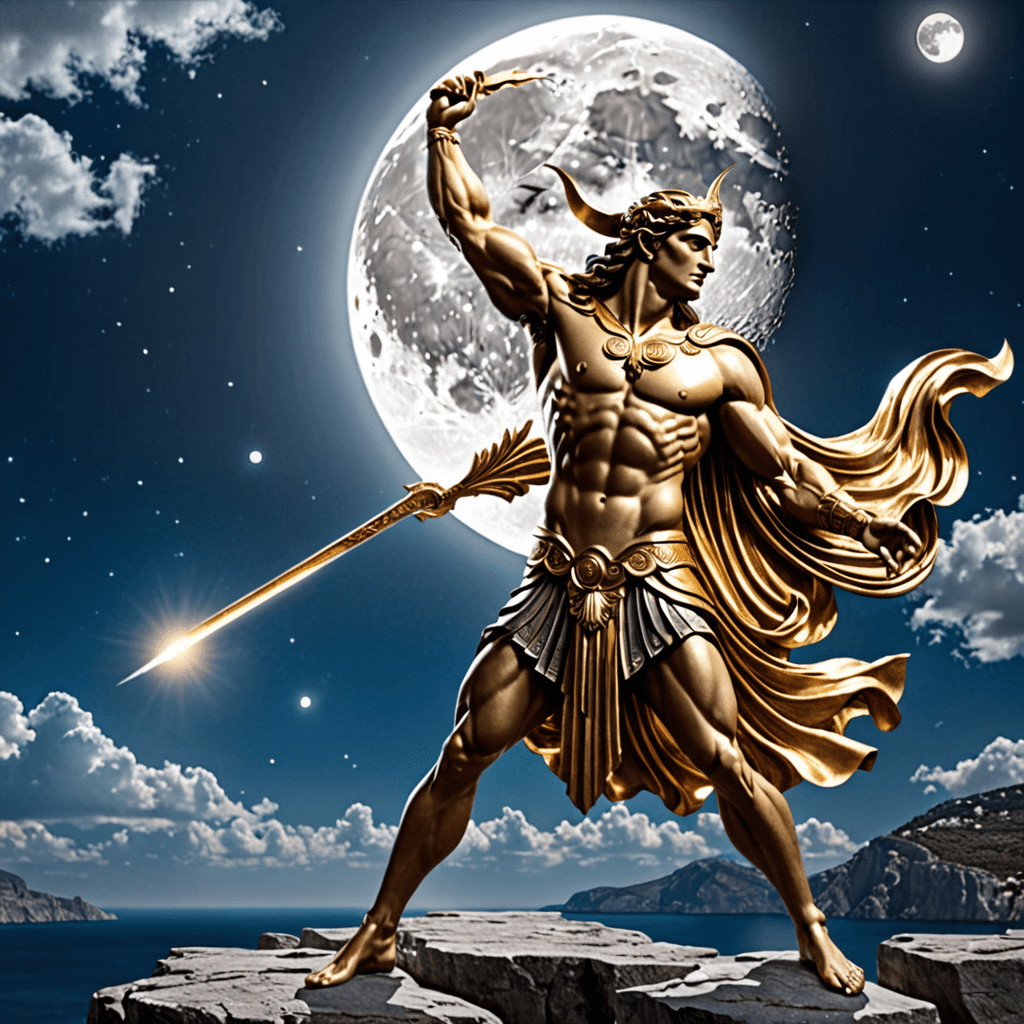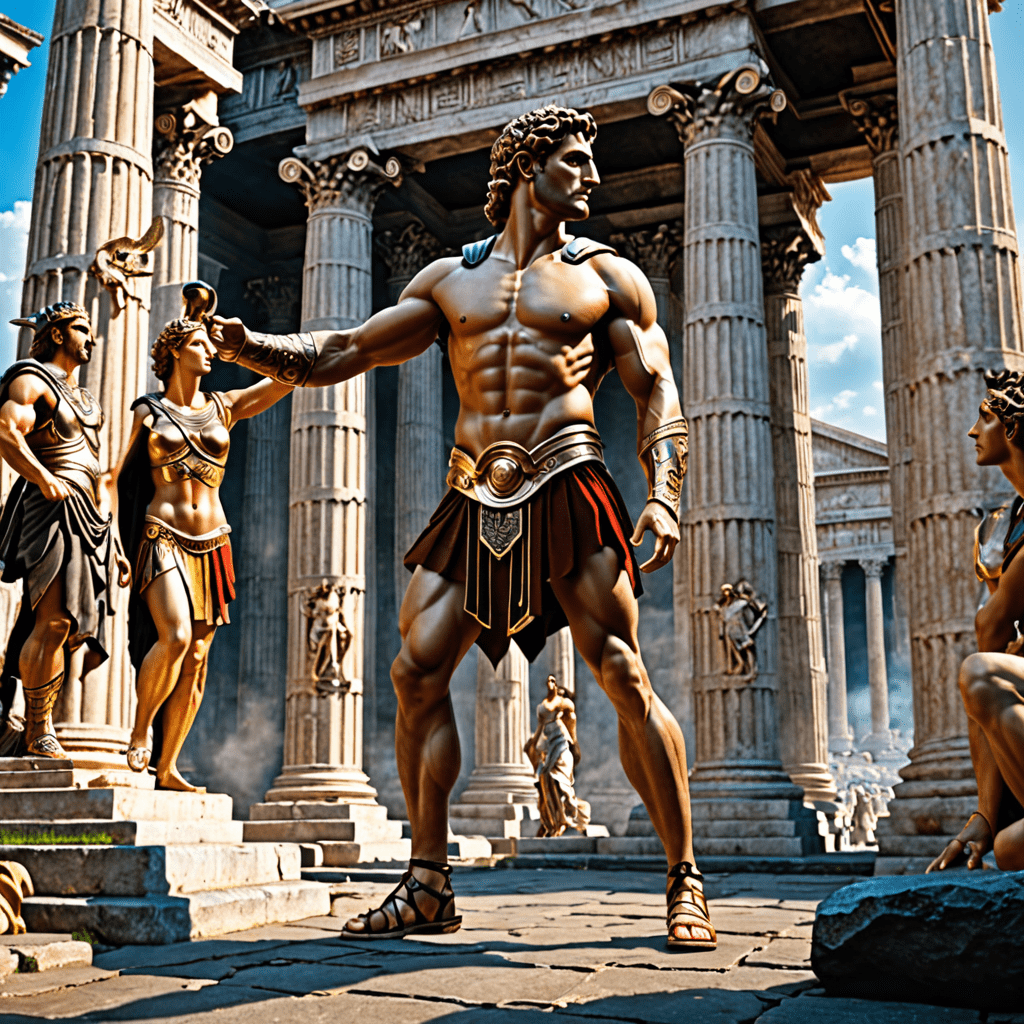The Symbolism of the Moon in Greek Mythology
In Greek mythology, the moon holds great significance, often interwoven with the stories of gods and mortal beings. Let’s delve into the mystical symbolism attached to the moon in ancient Greek beliefs.
The Moon in Greek Mythology
The moon, known as “Selene” to the Greeks, was personified as a goddess who rode her silver chariot through the night skies. Selene was one of the Titans, whose love story with the mortal prince Endymion added romantic symbolism to the heavenly body.
The Symbolism of the Moon
In Greek mythology, the moon symbolized various aspects:
- Feminine Power: Selene represented the feminine energy, reflecting traits of intuition, nurturing, and emotional depth.
- Cycles of Life: Just like the moon waxes and wanes, it symbolized the cyclical nature of life – birth, death, and rebirth.
- Magic and Mystery: The ever-changing moon phases were associated with magic and mystery, influencing the tides and human emotions.
- Night and Dreams: The moonlight guided travelers by night, associated with dreams, visions, and the subconscious mind.
Mythological Stories and Moon Symbolism
Various myths in Greek mythology involve the moon, adding layers to its symbolism:
- Endymion and Selene: The eternal love between the mortal Endymion and the goddess Selene symbolizes the unattainable beauty of the moon.
- Artemis the Huntress: Artemis, the goddess of the hunt and wilderness, invoked the moon’s symbolisms in her connection to the wilderness and night.
Conclusion
The moon in Greek mythology served as a powerful symbol beyond its celestial presence, embodying the complexities of life, the mysteries of the night, and the eternal dance between light and darkness.
FAQs About The Symbolism of the Moon in Greek Mythology
What is the significance of the moon in Greek mythology?
The moon held great symbolic importance in Greek mythology, associated with various gods and goddesses, such as Artemis and Selene, representing aspects of femininity, fertility, and the passage of time.
Which Greek deity is linked with the moon?
Artemis, the goddess of the hunt and wilderness, is often closely associated with the moon in Greek mythology. She is seen as the embodiment of the moon’s power, guiding the night sky and influencing nature.
How does the moon symbolize change in Greek mythology?
In Greek mythology, the moon’s phases, waxing and waning, symbolize the cycles of life, growth, and transformation. The changing moon is often linked to the concept of renewal and the inevitability of change.
What role does the moon play in Greek myths?
The moon frequently appears in Greek myths as a divine celestial entity that influences human affairs, emotions, and natural phenomena. It is often depicted as a powerful force shaping destiny and guiding events.
Is there a specific goddess of the moon in Greek mythology?
Selene, the Titan goddess of the moon, is specifically associated with the moon’s luminous beauty and nighttime radiance in Greek mythology. She is known




